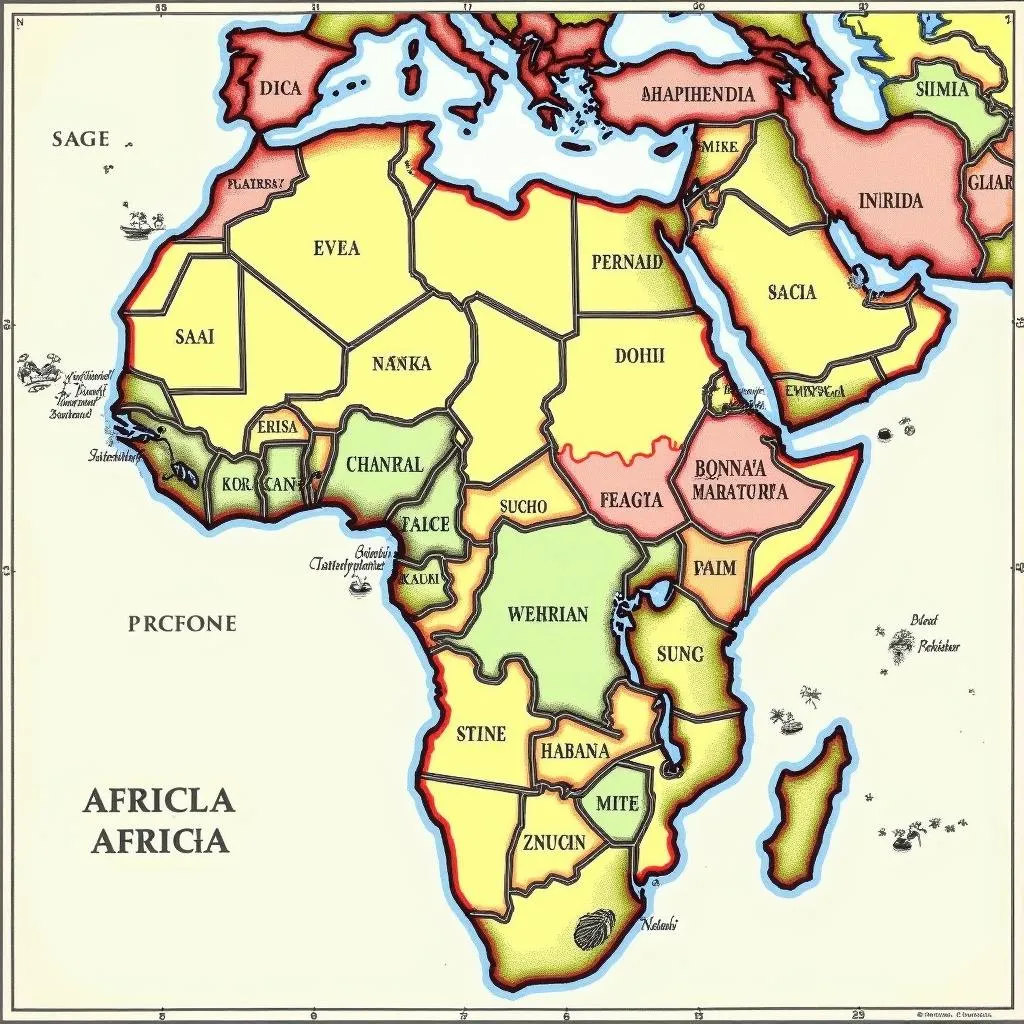Understanding the African American Cultural Complex
The African American Cultural Complex is a rich tapestry woven from the threads of resilience, creativity, and a deep-rooted connection to history. This article delves into the multifaceted nature of this complex, exploring its historical foundations, artistic expressions, and the ongoing struggle for social justice and equality. We will examine how this complex shapes identity, influences social interactions, and continues to evolve in the face of contemporary challenges. After reading this, you’ll have a deeper understanding of the African American experience and its enduring impact on global culture.
Historical Foundations of the African American Cultural Complex
The African American cultural complex is inextricably linked to the transatlantic slave trade and its enduring legacy. Forcibly removed from their ancestral homelands, enslaved Africans were subjected to brutal conditions and systematic dehumanization. Yet, amidst unimaginable hardship, they maintained a strong sense of cultural identity. This resilience manifested in various forms, including spirituals, folktales, and oral traditions that preserved elements of African heritage while adapting to the realities of life in the Americas. These cultural practices served as a source of strength, solace, and resistance, laying the foundation for the vibrant and dynamic cultural complex we recognize today.
After the Civil War and the abolition of slavery, African Americans continued to face systemic oppression and discrimination. The Jim Crow era, characterized by segregation and violence, further solidified the importance of cultural solidarity and resistance. During this period, cultural expressions became powerful tools for social and political activism, giving voice to the struggle for civil rights and equality. The Harlem Renaissance, a flourishing of African American art, literature, and music in the 1920s, became a symbol of Black pride and creativity, challenging prevailing stereotypes and asserting a distinct cultural identity.
Artistic Expressions and the African American Cultural Complex
Music, literature, and visual arts have played a pivotal role in shaping and expressing the African American cultural complex. From the soulful melodies of gospel music to the powerful rhythms of jazz and blues, music has served as a vehicle for storytelling, emotional catharsis, and social commentary. Similarly, African American literature, from the poignant narratives of slavery to the contemporary explorations of identity and social justice, provides a profound window into the Black experience. The visual arts, too, have been a powerful medium for expressing cultural identity, challenging stereotypes, and celebrating the beauty and resilience of the African American community. Check out our post on African color scheme to further explore this fascinating topic.
The Power of Music in Shaping Identity
Music has always been integral to African American culture. Spirituals, born out of the crucible of slavery, offered solace and hope, while also serving as coded messages of resistance. Later, jazz and blues emerged as distinctive art forms, reflecting the joys and sorrows of the Black experience. These musical genres not only entertained but also served as a powerful form of social commentary, giving voice to the struggles and aspirations of African Americans.
The Ongoing Struggle for Social Justice
The African American cultural complex continues to be shaped by the ongoing struggle for social justice and equality. From the Civil Rights Movement to the Black Lives Matter movement, activism and advocacy have been essential components of the Black experience. The fight against systemic racism, police brutality, and socioeconomic disparities remains a central focus, informing artistic expressions, political discourse, and community organizing.
Navigating the Challenges of Today
Despite significant progress, African Americans continue to face numerous challenges. The fight for equal opportunities in education, employment, and healthcare persists. Addressing issues of mass incarceration, voter suppression, and environmental injustice are also critical to achieving true equality. The African American cultural complex serves as a source of strength and resilience in navigating these challenges, providing a platform for advocacy, community building, and the pursuit of a more just and equitable future. You can learn more about health disparities in our article on African American culture and healthcare.
Conclusion
The African American cultural complex is a dynamic and ever-evolving tapestry, reflecting a history of resilience, creativity, and an unwavering pursuit of justice. From its roots in the transatlantic slave trade to the contemporary struggles for social and economic equality, this complex continues to shape identity, inform artistic expression, and inspire social change. Understanding this complex is essential to appreciating the richness and diversity of American culture and the ongoing journey towards a more just and equitable society for all. The African American cultural complex stands as a testament to the power of culture to shape history, inspire hope, and drive positive change. Explore the bond between fathers and sons in our piece on the African father son relationship. If you’re interested in delving into the richness of African music, take a look at the African bamba lyrics. You can also learn about distinguishing African facial features.
FAQ
- What is the significance of the Harlem Renaissance?
- How has music shaped the African American cultural complex?
- What are some of the key challenges facing African Americans today?
- How does the African American cultural complex contribute to American culture?
- What are some examples of cultural resilience in the African American community?
- How does the concept of intersectionality relate to the African American experience?
- What are some resources for learning more about African American history and culture?
Common Situations and Questions
-
Question: How can I learn more about the impact of slavery on African American culture?
-
Answer: Explore historical accounts, documentaries, and museums dedicated to the history of slavery.
-
Question: What are some contemporary artists who are contributing to the African American cultural complex?
-
Answer: Research current artists in music, literature, and visual arts who are engaging with themes of identity, social justice, and the Black experience.
Further Exploration
Explore related topics on our website, including articles on African American literature, art, and music. We also encourage you to investigate the ongoing fight for civil rights and social justice.
Contact Us
For further assistance or inquiries, please contact us at Phone: +255768904061, Email: [email protected] or visit our office at Mbarali DC Mawindi, Kangaga, Tanzania. Our customer service team is available 24/7.



